News
-
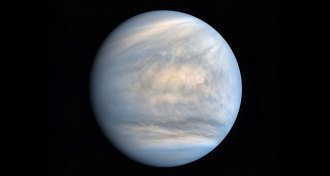 Planetary Science
Planetary ScienceWhat will it take to go to Venus?
Undeterred by funding woes, scientists are scraping together ideas to tackle heat, pressure and acidity challenges of landing on Venus.
-
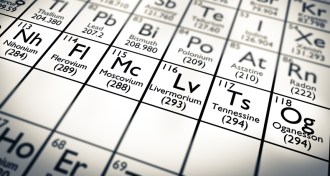 Physics
Physics5 ways the heaviest element on the periodic table is really bizarre
Called oganesson, element 118 has some very strange properties, according to theoretical calculations by physicists.
By Dan Garisto -
 Health & Medicine
Health & MedicineThe small intestine, not the liver, is the first stop for processing fructose
In mice, fructose gets processed in the small intestine before getting to the liver.
-
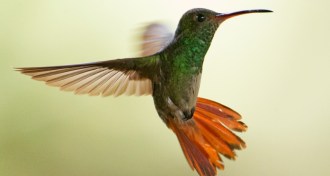 Animals
AnimalsTrove of hummingbird flight data reveals secrets of nimble flying
Tweaks in muscle and wing form give different hummingbird species varying levels of agility.
By Susan Milius -
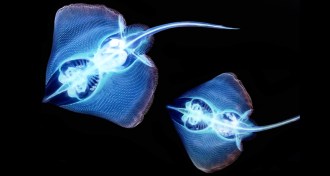 Neuroscience
NeuroscienceThe wiring for walking developed long before fish left the sea
These strange walking fish might teach us about the evolutionary origins of our own ability to walk.
By Dan Garisto -
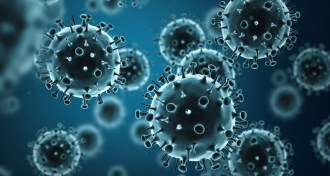 Health & Medicine
Health & MedicineScientists are tracking how the flu moves through a college campus
Researchers are following the spread of viruses and illness among students in a cluster of University of Maryland dorms to learn more about how the bugs infect.
-
 Animals
AnimalsIt’s a bad idea for a toad to swallow a bombardier beetle
Toads are tough. But there are some insects even they shouldn’t swallow.
By Susan Milius -
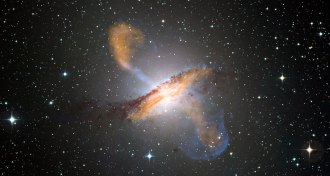 Cosmology
CosmologyThe way dwarf galaxies move puts a new spin on galaxy formation
Distant dwarf galaxies orbit a larger galaxy in a coordinated loop, rather than randomly as expected. The finding could challenge theories of dark matter.
-
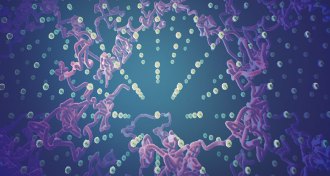 Physics
PhysicsLaser experiment hints at weird in-between ice
Scientists spot signs of an unusual phase of water called superionic ice.
-
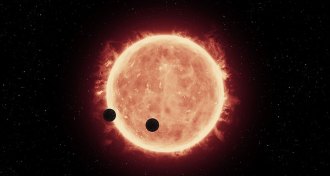 Astronomy
AstronomySome of TRAPPIST-1’s planets could have life-friendly atmospheres
The seven planets orbiting TRAPPIST-1 are probably rocky and some may have life-friendly atmospheres, two new papers suggest.
-
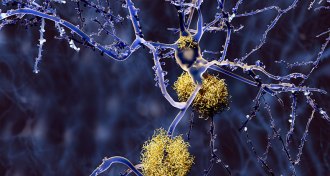 Neuroscience
NeuroscienceA blood test could predict the risk of Alzheimer’s disease
A blood test can predict the presence of an Alzheimer’s-related protein in the brain.
-
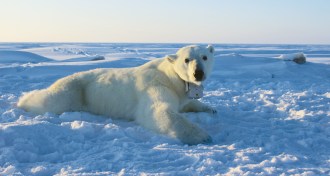 Animals
AnimalsA peek into polar bears’ lives reveals revved-up metabolisms
Polar bears have higher metabolisms than scientists thought. In a world with declining Arctic sea ice, that could spell trouble.
By Susan Milius